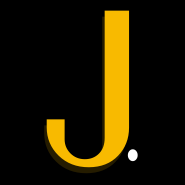Our Social cause – Fashion out Trafficking!
Human trafficking is a crime that shames us all. Trafficking in human being is considered the 3rd most lucrative illegal business worldwide and it is a crime that affects every country in the world, either it may be the country where the victims come from or the country they are transported through or the end destination where they are exploited like in the case of Germany, Austria and many western European countries.
Most of these victims end up as sex slaves or in other forms of slavery. 1200 people identified as Africans dies through the medetterianean route to Europe in 2016. It was about the same number in 2015 and in 2017 it is already over 800 people. Read more statistics from the mission migrants project >
How can we prevent this crime from continually repeating itself in the next couple of decades? How can we reduce human trafficking from Africa to Europe? If you would like to know more or educate your peers about this issue, please organise an awareness event and visit our awareness page to invite our CEO to talk about it.


